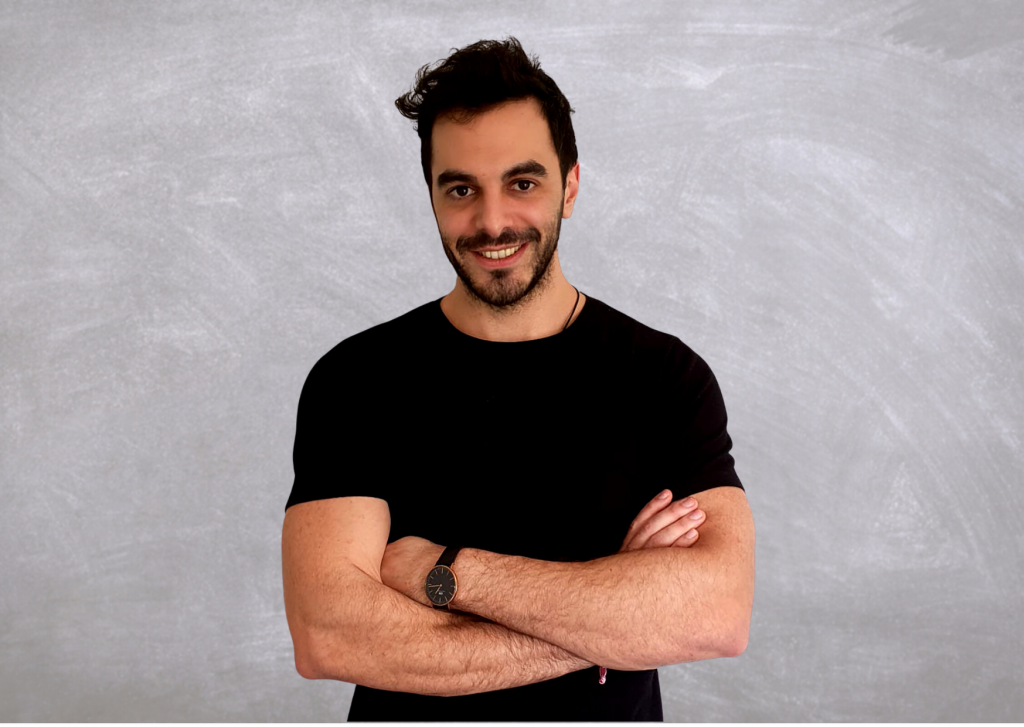Alex Christodoulakis is co-founder of Wealthyhood, the app ‘to turn you into your own wealth manager’.
Alex shares his story about Wealthyhood, how he raised investment, and his advice for entrepreneurs:

Tell us about Wealthyhood and how you came up with the idea
A few years ago, together with Kostas, co-founder of Wealthyhood, we wondered how we could invest our money on a monthly basis. We were busy professionals at the time and couldn’t devote much time to research or execute any sophisticated investment strategies, and of course not in the position to actively trade the markets.



